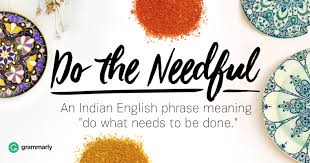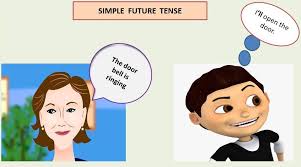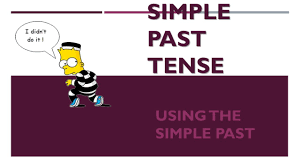- I belong to Ahmedabad.
This expression reminds me of the past era. It is a kind of allegiance to any ruler. It looks as if you show your allegiance to a city. Yes, when somebody asks you where you are from. Better say the following way:
I come from Ahmedabad or I am from Ahmedabad.
- She is doing her graduation in Cincinnati.
The moment I hear the word ‘graduation’, it reminds me of my graduation ceremony day, dressing up in a gown and cap to receive the degree certificate after studying a three-year undergraduate degree. But it is not the case in India. ‘Doing graduation’ refers to the full undergraduate or graduate degree. It does not say about the one special day for which students wait anxiously in life. ‘I did my graduation at the University of Toronto’ is the equivalent of saying ‘I studied for my degree at the University of Toronto’ – in the context of India.
- I passed out of college last year.
As per the Oxford dictionary, the phrasal verb ‘to pass out’ means ‘to become unconscious’. Therefore, if I put this statement into a literal translation, it comes out like ‘I became unconscious at the college last year’. Do we mean this? I guess not. It should be, “I graduated last year”.
- My sister is convent-educated.
So, the meaning of convent-educated in the context of India is somebody who has studied in a school where the medium of instruction was English. Parents proudly mention this expression on matrimonial ads/websites. There was a time when teaching in India was generally delivered by members of the clergy, but it is not the case anymore. The choice is yours whether you want to use this expression or not.
- Please do the needful.
The ‘Grammarly Blog’ describes this expression in a cogent way. The writer or speaker here wants to say is ‘do that which is needed’ or ‘do what needs to be done’.
“If it sounds too chunky or vague to you, or if your audience will be unfamiliar with it, you can politely ask people to do what you need them to do instead”.
- My father is out of station.
I don’t really understand the rationale behind this statement. There could be many stations in the town, such as the railway station, bus station, and other types of stations. Which station is referred to here? It can simply be said like this: My father is away or My father is not present in the place.
- I preponed my tour.
There is no word such as prepone in the English language, but it has certainly been invented by Indians. Yes, it has been added to the dictionary because it has widely been used in India. Let’s put this word in the context: I am out of my station next week so I will prepone this job tomorrow.
The right way of speaking: I will do this job tomorrow as I am away next week.
- He is a four-twenty.
420 is an Indian Penal Code (IPC) which states cheating and dishonestly inducing delivery of property. In a way, it attributes to the IPC for a cheat. Why complicate? Make it simple by saying: He is a thug.
- My neighbor is foreign-returned.
All right, so this expression also stems from the family of convent-educated. People in India perceive valuable studying or living abroad and when somebody returns to India after living another country, they are called as foreign-returned. However, there is no such expression anywhere in the world but in India. It is an asset in the matrimonial adverts, too.
- My teacher is standing/sitting on my head.
It is a colloquial way of comparing. If your teacher is standing or sitting on your head, tell him to get down and make a complaint to the principal.
My teacher is stressing me out.
- He was doing this thing and that thing.
It is another colloquial way of comparing. He was doing all sorts of things, wasting my time.
- Do one thing.
It is a common expression while suggesting or ordering someone to do something, but it also brings some laughing. The right way of speaking is ‘There is one thing you could do’.
- Aakash is my cousin brother:
We never use a brother or a sister after the noun ‘cousin’. The word ‘cousin’ itself proves a relationship. Aakash is my cousin.
- According to me…
According to someone or anyone is all acceptable but not according to me. Grammatically some sentence structures cannot be challenged, but their finesse and usage will certainly be questionable. ‘According to me’ is one among them. There is no such expression. The right one is: To me or In my opinion or My viewpoint is…
- Myself is Ronak.
This one is the deadliest. Right from the beginning, it gives a funny impression of someone when he introduces himself using ‘myself’. I am Ronak.


